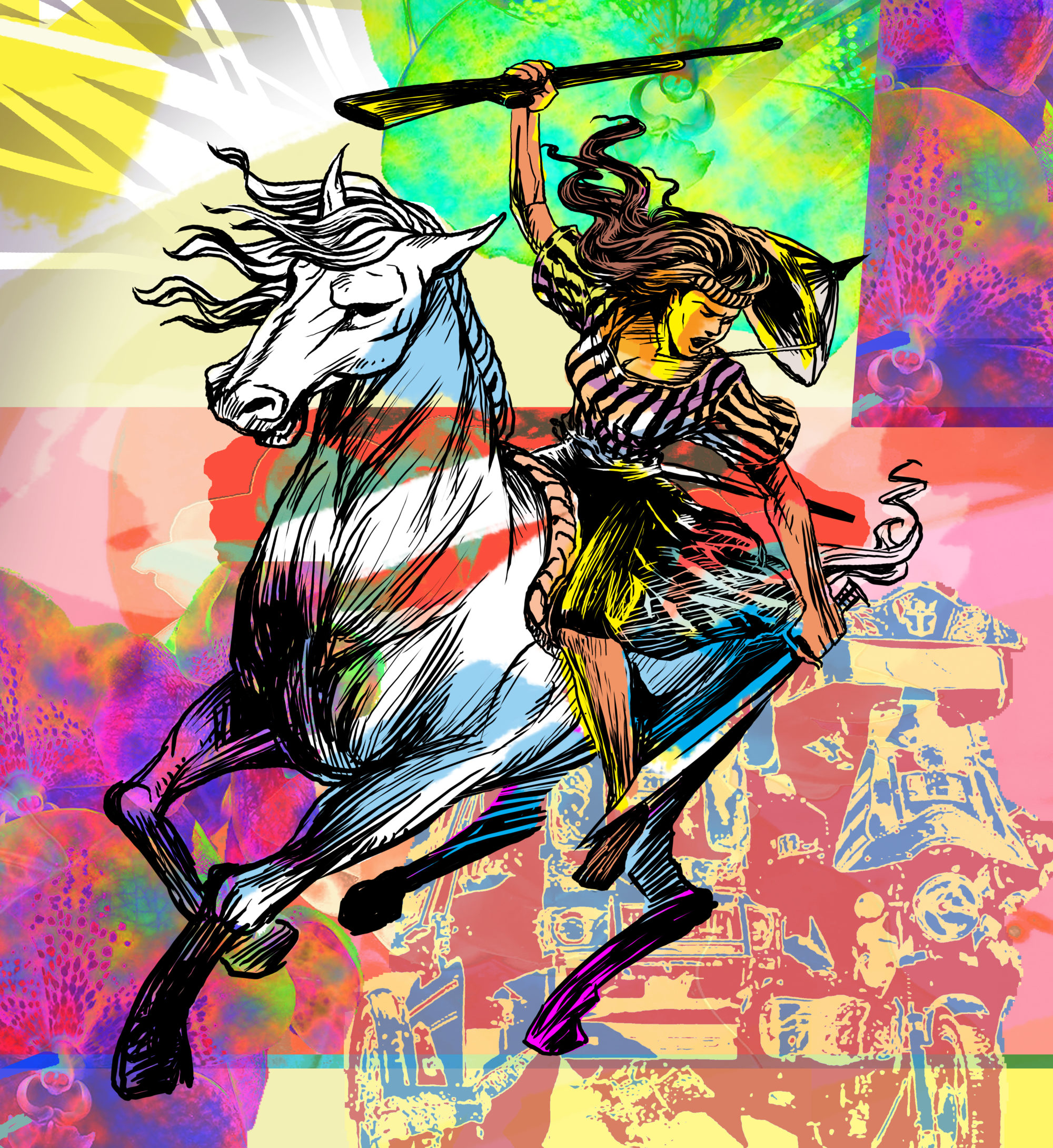Questions while reading Pinay authored literature
- What do we see, and what do we not see in the literature?
- What is women’s work?
- Who gets to write books?
- Who has access to literacy?
- Who has access to formal education? To secondary education? To college education?
- Who has access to (constitutional and social) freedom of speech?
- What are the repercussions for speaking?
- Who has safe access to the outside world? Who has the power to leave the house?
- Who has time, energy, and space to write?
- Who has access to editors and publication? Who grants this access?
- Who has access to public platforms? Who grants this access?
- Who owns the means of literary production? How do they decide what is worthy of publication? What are their standards for determining what has literary merit?
- Who has access to the capital required to print and disseminate literature?
- What are the gendered, racialized, and socioeconomic realities of writing and publishing for women, immigrant women, women of color, third world women?
- What is acceptable for women to write about? Who determines what is acceptable?
- How can women, immigrant women, women of color, third world women resist? What are the repercussions of resistance?
Questions for Pinays Writing
- Who are your women ancestors, your women literary ancestors, role models? Who are the mythical and/or historical women figures informing your writing? How have they informed your writing? What have they taught you about how to write about women’s lives, Pinay lives?
- How do you write about the body, within the context of feminism, womanism, and/or Pinayism, about the Pinay body, as mother, as colonial (postcolonial, decolonizing) body. Given patriarchy, misogyny, given histories of imperialism, invasion, Christianization. Given diaspora, globalization, economics. Given popular culture. Given legislation. In other words, given the state of the Pinay body, the woman body in the world.
- How did you find your voice? When did you find the courage to speak? What/who prevented you from speaking? What are the consequences of silence, and of choosing to break silence?
- Regarding work, work ethic, “women’s work,” motherhood (if applicable, the decision to be a mother, the decision not to be a mother, or if motherhood is beyond your reach). What are your beliefs/thoughts on writing about domestic spaces and domestic work, about personal, private, intimate matters, especially given that such subject matter can be ghettoized as “women’s writing.”
- Is your writing political? How specifically is it political? Why is it political, or why must it be political? For example, how are your aesthetic, linguistic, formalistic, genre choices deliberate, political choices as a writer who is a Pinay, a woman, a woman of color.
- How do you navigate the American publishing industry as a woman of color, as a Pinay, especially when your subject matter may not be on the radar or priority list of the mainstream. How do you navigate the publishing industry as a woman of color and Pinay, resisting objectification, resisting being tokenized or fetishized.
- Given all of the above, what do we as writers say to future generations of Pinays, about voice, about self-determination, about the spaces we have fought for?
